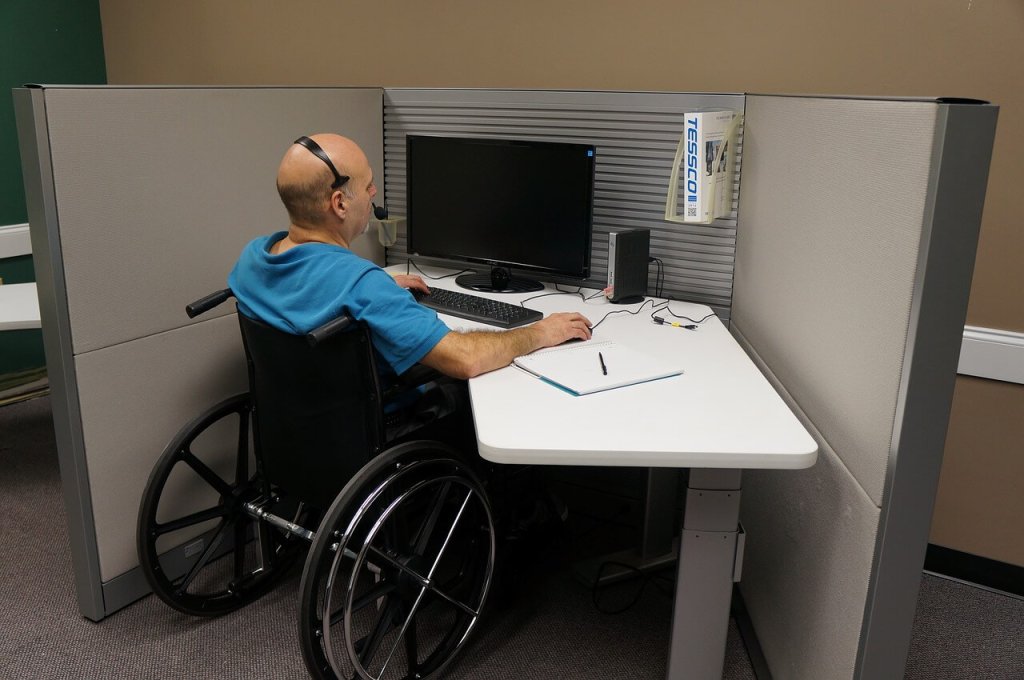When one starts doing a research of the National Disability Insurance Scheme (NDIS) as a topic, they’ll encounter a statement that this scheme serves to provide reasonable and necessary support to the party in question. The problem lies in the fact that terms such as reasonable and necessary both have a subjective feel to them, which means that, in a certain scenario, they might be up to debate. Aside from this, the matters of who’s in charge of deciding what’s reasonable and necessary, as well as the fact that metrics are not yet specified, really raises more questions than it answers. Here’s a bit more you need to know on this topic.
1. What is reasonable and necessary?
The very basic definition of what’s supposed to be reasonable and necessary is quite altruistic and it mostly comes down to enabling the party in question to, once again, become a functioning member of society. This means that it allows them with means to increase their independence to the level prior to injury (or as much as possible) by allowing them to increase their economic participation, pursuing their goals and developing a capacity to take a larger part in their community.
From the very start, it becomes very clear that such an altruistic system would be prone to all kinds of abuse. Naturally, there are some safeguards to prevent this from happening. For instance, the support provided is related only to the functional impact of the disability in question and it doesn’t consider the day-to-day living cost of the injured party (there are other means that are meant to tend to this). One more thing that is necessary to mention is the fact that this particular criteria or function isn’t supposed to be funded by another mechanism.
2. What’s not funded by the NDIS?
The next question that needs to be asked on this topic is – what’s not funded by the NDIS? It’s very important to mention that this too is vocally stated. Well, first of all, anything that’s not directly related to the disability of the participant is off the table. As we already mentioned, problems that are already funded by other parties, organizations and government mechanisms may also fail to qualify. Most importantly, any practice that stands a chance of causing harm (to the participant in question) or anyone else, is also not a part of the deal.
3. A complex topic for most entrepreneurs
Keep in mind that even though guidelines on this topic may be pretty straightforward, most entrepreneurs find it quite difficult to pick an adequate NDIS provider toolkit. This particular issue is so specific that even earlier encounters with this institution may not be able to adequately help you out. That being said, there are people who specialize as NDIS provider registration consultants and it would definitely be a smart move (in the long run), to look for their opinion before deciding to take the matters into your own hand. With their aid, on the other hand, your business can easily be granted a registration as an approved NDIS provider, there’s no doubt about it.
4. Advisory and supportive function
After an injury, illness or developed disability, decision-making will become quite hard to handle. This is why some people with a disability might require some assistance when turning to NDIS. This is why the first role of the person representing the interest of the person with the disability needs to be the one of an unbiased advocate. This means that, for starters, it needs to provide one with objective information, as well as the inclusion of necessary context or consequences. Neither of this is easy or simple.
5. Making a difference
The thing about NDI scheme is that it’s an investment in the most valuable resource on the planet – human potential. By allowing people to assume a more meaningful role in the society, you’re not only helping them but also benefiting the society as a whole. Think about it, instead of having to set a number of resources (for an indefinite amount of time) in order to make up for the damage made by a certain disability, you’re allowing a person with a disability to develop value in spite of it. In this way, you’re not just a part of a solution but also helping these people to eventually become a massive helping hand to others, further down the line.
In conclusion
The last thing worth mentioning is the fact that the NDIS really isn’t that complicated, as well as that it’s a joint responsibility of both society and individuals. As a member of a certain community and a part of an organization (especially as its head), you need to think about a probability of someone needing the assistance of the NDIS, long before this issue is actually brought up. Only then will you be able to use this noble mechanism to its full potential.

